Car Tires: Nitrogen vs Air
Used Car Tires: Nitrogen vs Air: Should you pay extra buying nitrogen for your car tires or just use free air? Will that extra cost bring you any benefits or is just psychological, used as a tool to take your money?
Let’s take a look at it. Air is mostly nitrogen, about 78% of air is nitrogen, 21% is oxygen and remaining is water and Argon.
If you already have 78% nitrogen in your tires for free then why the extra cost?
Buying Nitrogen for your used car tires will probably set you back about $100 or so. Add another $10 per tire whenever you need to inflate again. Air on the other hand is free (mostly).
Used Car Tires: Nitrogen vs Air
“Nitrogen molecules are bigger and tires filled with 100% Nitrogen will leak less and hold pressure longer”. Sounds exciting but if you dig deeper you will see that difference in size is minimal. Nitrogen and Oxygen molecules have only about 3% difference in size, a bit less actually but let’s say 3%.
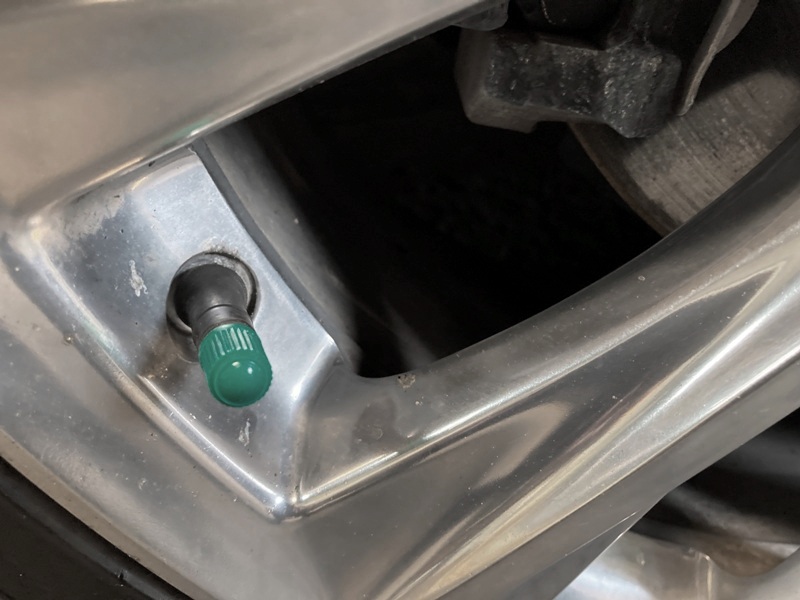
So, we get 3 % difference for the money? No…air already has 78% nitrogen and difference will only be 3% of remaining 22% oxygen. Minuscule by any standard.
If you plan on racing your used car in Formula 1, nitrogen would be recommended. Any small help will translate in speed and stability as split seconds matter, maybe will help your sedan win the race. Otherwise, for your bumper to bumper, drive to and from work, plain free air still does the job just fine.
Will you save money in fuel economy if you pay the extra $100 for nitrogen? No, but you can keep that $100, use air instead and save on gas by keeping your tires properly inflated at all times.
Used Car Tires: Nitrogen vs Air: Tires of your used car do not care if you fill them with nitrogen or air, as long as tire pressure is where supposed to be. This claim is based on what we said earlier. It goes like this “Nitrogen will keep your tire pressure more stable and you will save on gas as properly inflated tires reduce fuel economy”. True, properly inflated tires will save fuel, nitrogen by itself will not save anything.
Used Car Tires: Nitrogen
Nitrogen can be mixed with air without any problems (Air is mostly nitrogen). You can add air to nitrogen filled tires and vice versa. Won’t make any difference.
Even with nitrogen filled tires is still recommended to check your tire pressure at same intervals as with plain air.
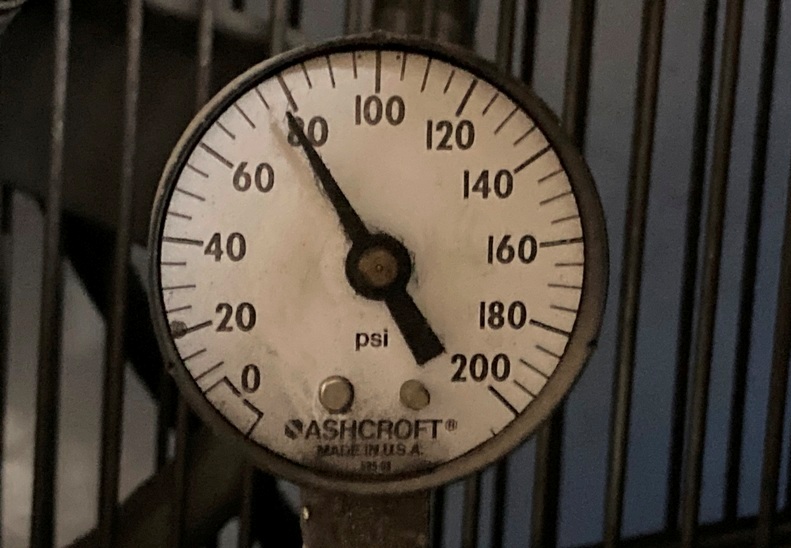
Weight: Another one: “Nitrogen is lighter than air, less weight”. I don’t know if I should even bother answer this one. If you are naive enough to believe this stories when someone is trying to sell you nitrogen then pay whatever they ask and forget about it. Leave a tip while at it.
Corrosion: “Nitrogen is not corrosive and it will not corrode your used car tires or your rims“. These are half truths. While is correct nitrogen is not corrosive (oxygen is), tires will still be exposed to air and oxygen (and salt, and sun, and cold, and heat, and…) on tire external surface. In any case, tire treads will be consumed much faster than any rubber deterioration from oxidation can occur.
As for the rims, these are mostly replaced due to external corrosion (part you see and is exposed to elements), or physical damages from curbs and potholes.
Used Car Tires: Nitrogen vs Air: Should you use nitrogen? Yes, if its free and you don’t pay for it. Paying to add nitrogen to your used car tires, does not seem to justify any benefits it claims vs price. At least not in the real life and free air is still doing what is supposed to do.
(If you are also looking for a fast and easy solution to sell your car, more here on “How To Sell Your Car Fast In Ontario” )
Comments: If you have any questions or suggestions related to this post or Used Car Toronto in general, don’t hesitate to use comment section below.


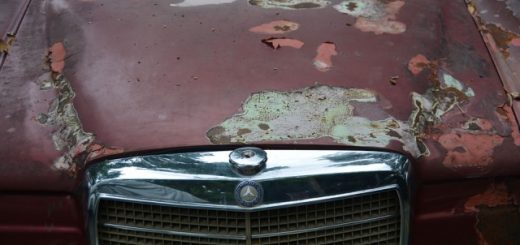
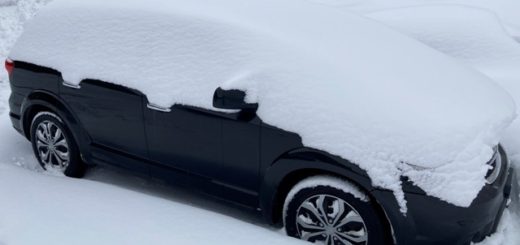
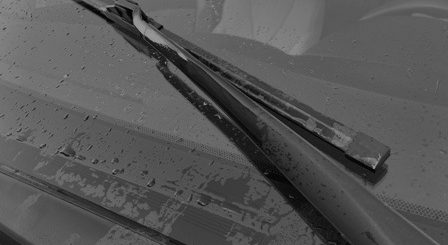

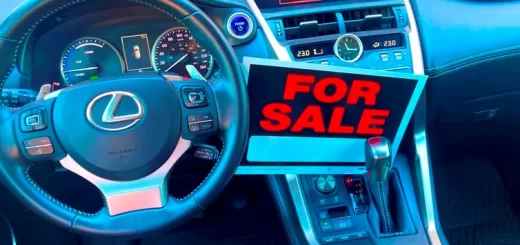
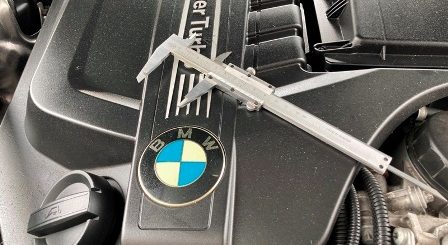
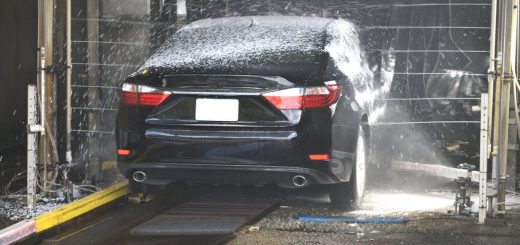
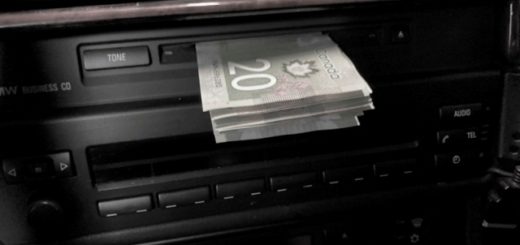
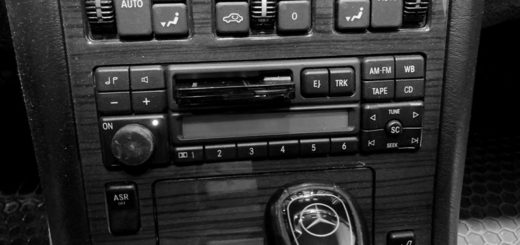
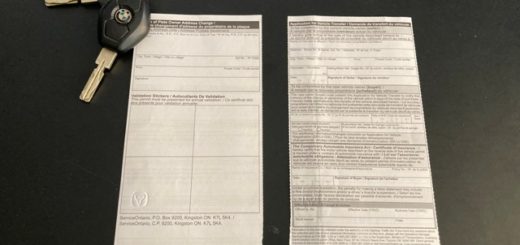
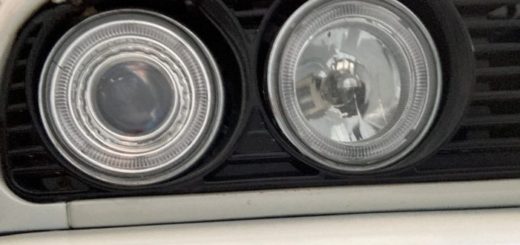
The article has a major typo.
“It goes like this: “Nitrogen molecules are bigger that Oxygen molecules and tires filled with 100% oxygen will leak less and hold pressure longer“
The last “oxygen” should be Nitrogen. A tire filled with pure Oxygen is very dangerous, fire loves oxygen, so a small engine fire could quickly become fatal with Oxygen filled tires.
Thanks,nice observation. Engineers on Apollo 1 already proved what pure oxygen does.